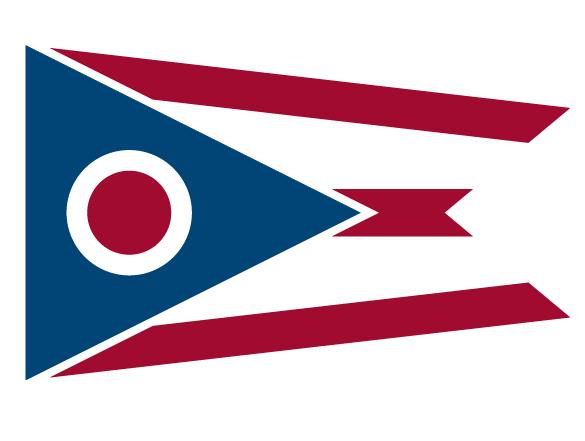ADR
It is the policy of the Court to encourage the use of Alternative Dispute Resolution (“ADR”) methods. In keeping with this policy, the court has developed and administers two ADR methods called Arbitration and Mediation.
Why ADR?
- ADR promotes settlement;
- ADR is more cost-effective for taxpayers and litigants than trial;
- ADR alleviates strain on judicial resources and courthouse space;
- ADR helps expedite the resolution of cases;
- ADR provides an opportunity for litigants to be heard and participate in the proceedings, providing greater litigant satisfaction; and
- ADR allows for the opportunity for creative solutions to resolve disputes.
Arbitration
Arbitration is a formal process in which a panel of attorneys hears evidence and renders an opinion, which could be binding or non-binding.
Arbitrations are conducted pursuant to Local Rule of Court. The arbitration process is used for cases where the parties agree to forego a trial by jury.
A case may be referred to Arbitration at the request of the parties or an order of the Court. An arbitration award is not binding upon the parties unless agreed upon before referral. After arbitration is held, the panel issues a Report and Award, which becomes a final judgment in 30 days unless an Appeal is filed. An appealed case is returned to the court.
Mediation
An impartial third party conducts mediation. Both parties and their representatives are present. The conference is confidential and generally informal. The mediator attempts to help the parties reach a mutually acceptable solution through group discussion and separate caucuses. The goal is to have the parties generate their own solutions to resolving their dispute. Unlike an arbitration panel, the mediator is not a fact finder and has no power to impose a solution on the parties.
Mediations are conducted pursuant to Local Rule of Court. The mediation process is used for cases where the parties and/or the court believe that the parties may be able to settle all or a portion of their dispute without a trial.
A case may be referred to Mediation at the request of the parties or an order of the Court. After mediation is held, the mediator issues a report. If the case is not settled in its entirety, the case is returned to the court for trial.
In addition to the foregoing method of mediation, the judges of the General Division occasionally will refer cases to each other for purposes of mediation. This is particularly suitable when the judge who must try the case (if it is not settled) is the trier of fact, meaning that there is no jury. The parties, during the mediation, can then speak candidly about their case to the judge conducting the mediation, without fear that, if the case is not settled, the judge who will try the case has received potentially compromising information from the party.
Also, each year, usually during the first full week of December, the General Division, in cooperation with the Lake County Bar Association and many attorney volunteers, selects appropriate cases to refer for mediation before the attorney volunteers.
On occasion, one of the court’s magistrates will mediate cases for the court. They are state certified mediators. The magistrates’ office telephone is (440) 350-2608.
